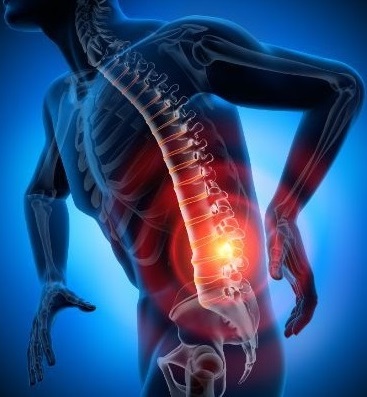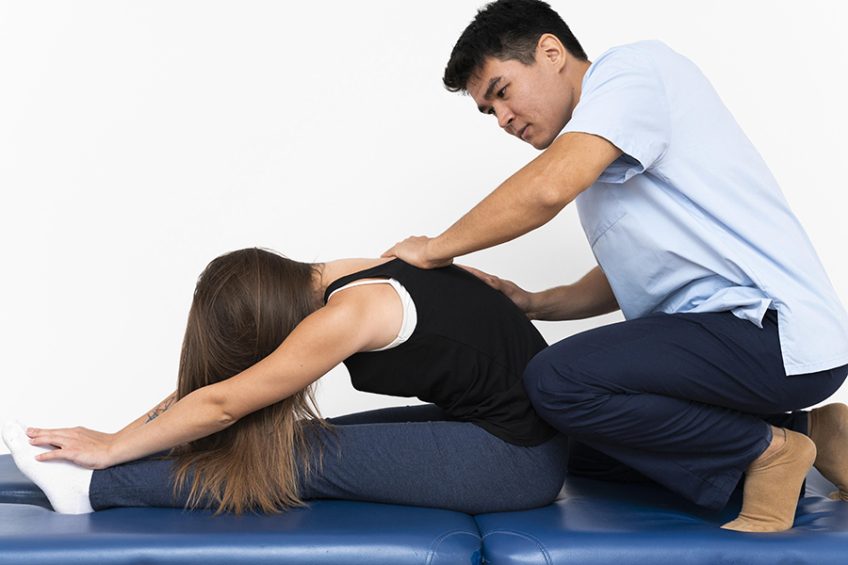Back pain in the pelvic area can signal various ailments. These include a herniated disc, kidney stones or even a heart attack.
Back pain in the pelvic area is the most common pain experienced by people around the world. It is that pain that begins with a muscle block. Untreated in a timely and correct manner, back pain in the pelvic area can affect long-term health and well-being.
Initially, the pain will not last long. Once the inflammation goes away, so does the pain. But if you do not know exactly why the pain is, a visit to a specialist is necessary.
CONTENT:
- Kidney stones
- Sciatica
- Respiratory diseases
- Pregnancy
- Heart attack
- Muscle contracture
- Herniated disc
- Muscle injuries
Kidney stones
The presence of kidney stones, also known as kidney stones, can also cause back pain in the pelvis.
The pain caused by them is known as renal colic and is characterized by a very severe pain in the lower abdomen, which prevents the person from walking or moving.
Sciatica
Sciatica pain is characterized by low back pain that radiates to the legs and is caused by compression of the sciatic nerve located in the lower spine or buttocks. This causes pain, tingling with tingling or difficulty sitting or walking.
Respiratory diseases
Respiratory diseases can also cause back pain in the pelvic area, especially when breathing. This is because there is mobilization of all the muscles in the abdomen and back in the respiratory process.
Pregnancy
It is normal for back pain to occur in the pelvic area during pregnancy, especially in the last trimester. Therefore, it is necessary for pregnant women to exercise. Preferably turn to a gymnastics specialist for pregnant women.
Heart attack
One of the signs of a heart attack is chest pain that can radiate back down and worsen with exertion and especially if the person is overweight and has high blood pressure or high cholesterol.
Muscle contracture
Muscle contracture can occur due to fatigue, excessive physical activity, worry or poor posture. For example, it can cause upper and lower back pain. In some cases, there may be torticollis.
Herniated disc
Disc herniation can cause back pain in the pelvic area that worsens when you get up or stay in the same position for a long time, becoming more common in people over the age of 45.
This pain can also radiate to the sides, ribs or down and affect the buttocks and legs.
Muscle injuries
When you have back pain on your right or left side, it can usually indicate muscle damage. They can occur after physical activity or as a result of professional activity, such as gardening.
Always consult a specialist if the back pain in the pelvis does not go away on its own in 3 days because it may indicate a serious health problem.


